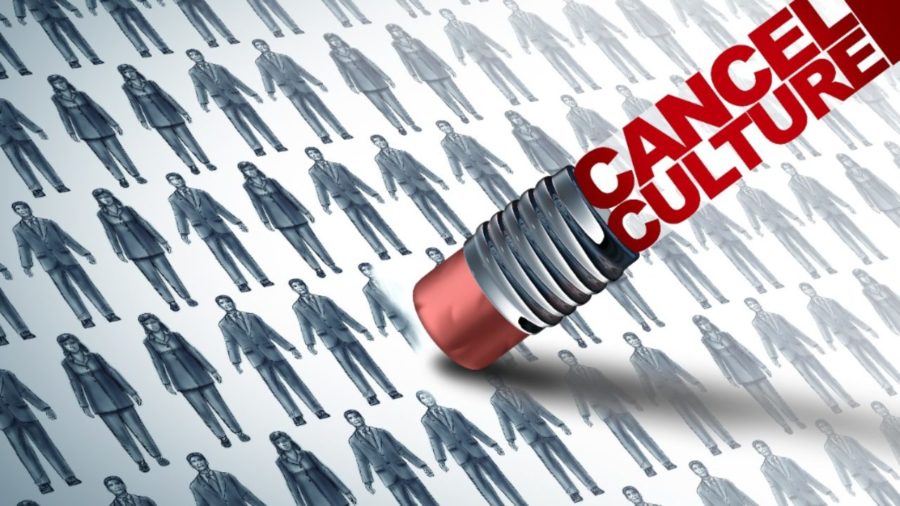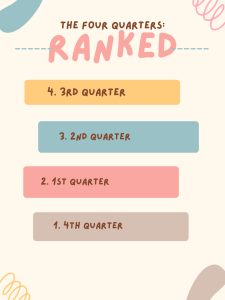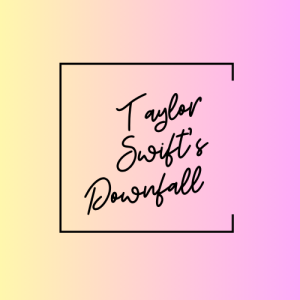The Case Against Cancel Culture
April 15, 2021
In 1937, Dr. Seuss began his career as a children’s book author. Well received by the public, Dr. Seuss went on to publish nearly fifty books before his death in 1991 (History.com). The year is now 2021 and despite decades of popularity with parents and younger audiences, six of Dr. Seuss’ most well known books are no longer going to be printed due to racist character portrayals. While the actions of Dr. Seuss Enterprises are admirable; they are also a sad reminder of the root “cancel culture” that has taken hold in our everyday lives.
Conceptually, “Cancel culture” is not a terrible idea. It is supposed to address injustice committed by individuals and organizations by ostracizing them. This is a seemingly effective way to hold people and groups accountable for their words and actions. In reality though, “cancel culture” has the tendency to go too far in its pursuit of justice. Instead of correcting inappropriate behavior and addressing what needs to be done differently moving forwards, the victims of this culture are often punished with no chance at redemption or understanding. Just a few examples include: Hartly Sawyer of CW’s The Flash being fired for offensive tweets he made back in 2012; Kevin Hart losing the opportunity to host The Oscars because of a comedy skit years before where he made a homophobic joke; and “Papa John” (John Schnatter) being cut off from his pizza company, Papa Johns, for using a racial slur during a conference call. Under no circumstances are the actions of those men acceptable and they should be held accountable, but I would argue that each one of their situations could have been handled differently.
Our society has continued its crusade to remove insensitive or harmful content. The most recent development has been announced by Dr. Seuss Enterprises in which they decided that they would discontinue printing for the books And to Think That I Saw It on Mulberry Street, If I Ran the Zoo, McElligot’s Pool, On Beyond Zebra!, Scrambled Eggs Super!, and The Cat’s Quizzer. According to CBC.com, Dr. Seuss Enterprises told the public that “these books portray people in ways that are hurtful and wrong.”
So why is this an issue? By cancelling these Dr. Seuss titles, children are missing out on an invaluable learning opportunity. Yes, racism is unacceptable and should never be tolerated. However, children should get a chance to understand how the world used to be because that will teach them to learn from our ancestors’ mistakes and move forward into a more considerate, respectful future.
When we as a society “cancel” things or people we often lose our sense of understanding. In the case of Dr. Seuss, we fail to recognize that those books were written in a different time, a time we can learn from to avoid repeating such racism. When people use insensitive language, we jump straight to removing them from the public eye or stop running them on TV, all the meanwhile, forgetting the fact nobody is perfect. Everybody makes mistakes, whether they be Dr. Seuss, Kevin Hart, or “Papa John.” Because nobody is perfect, we should be forgiving and educate one another instead of subjecting others to modern “cancel culture.”








